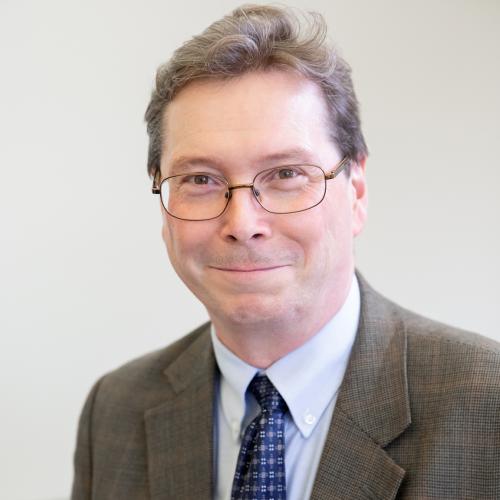J. Stephen Downie, professor and associate dean for research, participated in the Center for Open Data in the Humanities (CODH) seminar, "Big Data and Digital Humanities," on January 23 at the National Institute of Informatics in Tokyo, Japan.
Started in April 2016, the CODH will be formally established as a center in April 2017. It involves faculty from the National Institute of Informatics and The Institute of Statistical Mathematics, both in Japan, who collaborate with computer scientists and humanities scholars around the globe. CODH promotes research and development to improve access to humanities data, using the concept of open science along with the latest technology in informatics and statistics.
Downie gave the presentation, "Digital humanities using both closed and open data: Use cases from the HathiTrust Research Center":
The HathiTrust Digital Library (HTDL) contains 14.7 million volumes (over 5 billion pages). Unfortunately, roughly 9 million HTDL volumes are under copyright restrictions and cannot be shared with users. To overcome this problem, the HathiTrust Research Center (HTRC) is creating a set of "non-consumptive research" services to make these closed materials more open and thus useful to scholars. This talk introduces such non-consumptives services as "Data Capsules," "Extracted Features" and the "Bookworm + HathiTrust" tool. Each HTRC service is designed to open new points of access to otherwise closed data while still respecting all copyright limitations.
Downie is codirector of HTRC, a partnership between Indiana University, the University of Illinois at Urbana-Champaign, and the HathiTrust. Established in 2011, HTRC develops cutting-edge software tools and cyberinfrastructure to enable advanced computational access to the growing digital record of human knowledge.
"We are very excited about the official establishment of the Center for Open Data in the Humanities in Tokyo and the impact it will have on research in the digital humanities. I look forward to future collaborations between the CODH, HTRC, and the iSchool,” Downie said.
